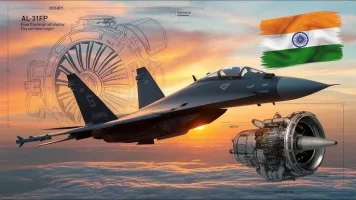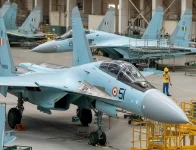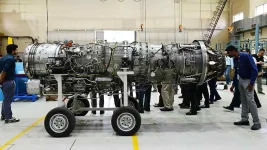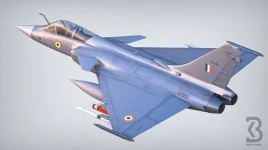- Views: 1K
- Replies: 6

India's defence industry is rapidly growing, with the nation emerging as a significant exporter of weapon systems and military equipment. To further solidify its position in the global market, India should explore barter agreements with key partners like France and Brazil.
These agreements would involve exchanging Indian-made defence products for equipment procured from these nations, offering both strategic and economic advantages.
This approach builds on India's existing success in defence exports. The United States, for example, has become a major importer of Indian-made subsystems for platforms like Apache helicopters and C-130J Super Hercules aircraft.
Barter agreements could expand this model, allowing India to acquire critical defence platforms while simultaneously promoting its indigenous products.
Benefits of Barter Agreements
- Conserves Foreign Exchange: By exchanging goods instead of using foreign currency, India can reduce its reliance on foreign exchange reserves for defence purchases.
- Reduces Trade Deficits: Barter agreements can help balance trade with defence partners, minimizing India's overall defence import costs.
Promotes Indigenous Products: These deals provide a platform to showcase Indian-made defence systems on the world stage, attracting potential buyers.
Potential Partnerships
- Brazil: India and Brazil, both regional powers with shared interests, could engage in a mutually beneficial exchange. India could offer advanced systems like the Pinaka rocket launchers or armored vehicles in return for Embraer military aircraft, enhancing both countries' defence capabilities.
- France: Given the strong defence ties between India and France, exemplified by the Rafale jet deal, a barter agreement could further strengthen this relationship. India could offer BrahMos missiles or Akash missile systems in exchange for additional Rafale jets or submarines.
Addressing Challenges
While promising, barter agreements in defence come with challenges. Ensuring fair valuation of exchanged systems, navigating differing military requirements, and complying with export controls require careful consideration. India needs to establish clear guidelines, supportive policies, and strong coordination between the government and private sector to ensure successful implementation.By strategically leveraging barter agreements, India can further boost its defence exports, strengthen relationships with key partners, and solidify its position as a major player in the global defence market.




